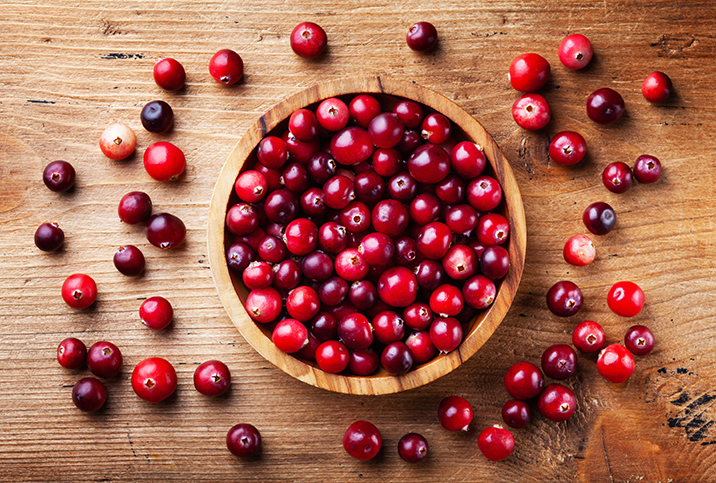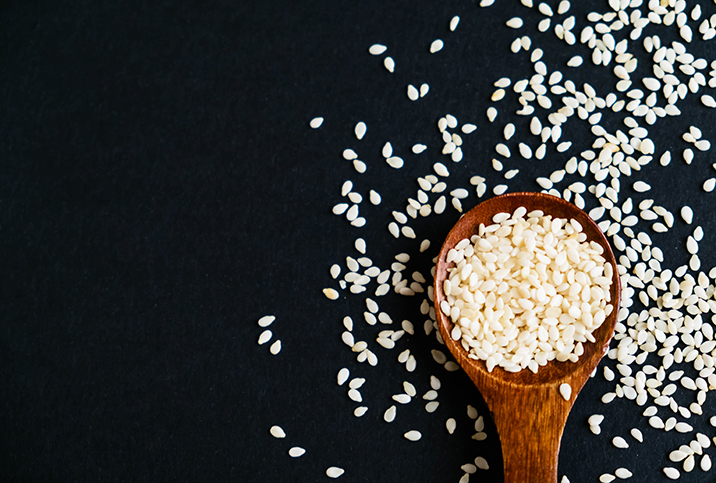Best Foods for Hormonal Balance

Imbalanced hormones can wreak havoc on your health and contribute to conditions from chronic stress and depression to polycystic ovary syndrome (PCOS) and thyroid disorders. While such disorders require a medical diagnosis and treatment, following a hormone-healthy diet and lifestyle can help, too.
What to eat
Probiotics and prebiotics
A growing body of research indicates the state of your gut is inextricably linked to your overall wellness, including immune function, hormonal balance and neurological health. A poor gut microbiome increases the risk of conditions like PCOS, endometriosis and even breast cancer. Also, about 95 percent of serotonin is produced in the gut. And people with a languishing microbiome are more likely to experience mental illnesses, including depression and anxiety.
Several factors can affect the diversity and health of your microbiome. But, as you probably guessed, one of the biggest by far is diet. Eating more prebiotics and probiotics is one of the best ways to help gut flora flourish. Probiotic foods contribute to the good bacteria in your digestive system and include fermented items, such as kimchi, kefir, yogurt, sauerkraut, gherkins and kombucha. Prebiotic foods give those bacteria the plant fiber they need to thrive. Prebiotic foods include apples, bananas, chicory, dandelion, garlic and oats.
Avocados
As if you needed another reason to eat more guacamole and avocado toast, avocados are packed with beneficial fats, plant sterols, fiber and beta-sitosterol, all of which can positively impact hormones.
Specifically, beta-sitosterol can balance blood cholesterol and cortisol, the stress hormone, while plant sterols can reduce estrogen absorption.
A study published in Nutrients in 2019 also found avocado's high fat and fiber content can boost the production of hormones, including YY(PYY), cholecystokinin (CCK) and glucagon-like peptide 1 (GLP-1), which bolster satiety, potentially helping you achieve or maintain a healthy weight.
Fatty fish
Long-chain omega-3 fatty acids are the crème de la crème of healthy fats, especially when it comes to anti-inflammation and hormone regulation. Fatty fish—including mackerel, salmon, herring and sardines—are the best source of these beneficial fats.
In addition to promoting heart health, omega-3s can suppress the production of the stress hormones adrenaline and cortisol. Some research also indicates they may reduce insulin resistance, a boon for those with PCOS, gestational diabetes or type 2 diabetes.
For those of us who don't eat fish, there are plenty of plant-based sources of long-chain omega-3s through sources like chia seeds, walnuts, hemp seeds, algal oil, flaxseeds and perilla oil.
Cruciferous vegetables and leafy greens
Cruciferous vegetables—including Brussels sprouts, broccoli, bok choy, cabbage, cauliflower, and kale, as well as leafy greens like spinach and collard greens—help the liver efficiently metabolize estrogen.
Some of these, including spinach, kale, broccoli and bok choy, are also rich in calcium, which can reduce PMS symptoms like cramping, bloating and mood swings, and decrease the risk of osteoporosis later in life.
You should note, however, that while most veggies are best served raw (at least for nutrient retention, if not palatability), cruciferous veggies are an exception. That is, while you can eat these vegetables raw, do so in moderation, especially if you have an iodine deficiency or underactive thyroid.
Cruciferous veggies contain goitrogens, substances that can impede thyroid function and ultimately throw hormones out of whack. Cooking these veggies by roasting them or using them in soup, for example, deactivates the goitrogens while retaining the veggies' nutritional benefits.
Ryan McPartlin, actor, father and husband, discusses how a healthy lifestyle—including proper diet and nutrition—impacts well-being. Watch the full interview here.
What to avoid
The worst foods for hormonal balance tend to be the usual suspects:
- Highly processed foods, including convenience foods.
- Sugar, which can stress the adrenal and thyroid glands.
- Foods high in trans fats, which can inhibit the liver's ability to metabolize estrogen.
- Artificial sweeteners, which may alter gut bacteria in such a way as to increase the production of the hunger-inducing hormone ghrelin.
- Alcohol: Although some research suggests red wine in moderation may provide some health benefits, overall booze isn't doing you any favors. While it might give you the confidence to sing karaoke in front of your date or temporarily assuage the torment of a bad day, it can also inhibit a range of processes, including estrogen metabolism and blood sugar regulation.
As with most things, the key is moderation. You won't throw off your hormones by having a glass of wine or a slice of pizza now and again. But if that's been the majority of your diet lately (we've all been there, if we're being honest), it might be time for a change.
If you're experiencing symptoms of a potential hormonal imbalance, including heavy or irregular periods, hair loss, chronic fatigue, severe mood swings, depression or unexplained weight loss or gain, see your doctor for a precise diagnosis and specific guidance.


















